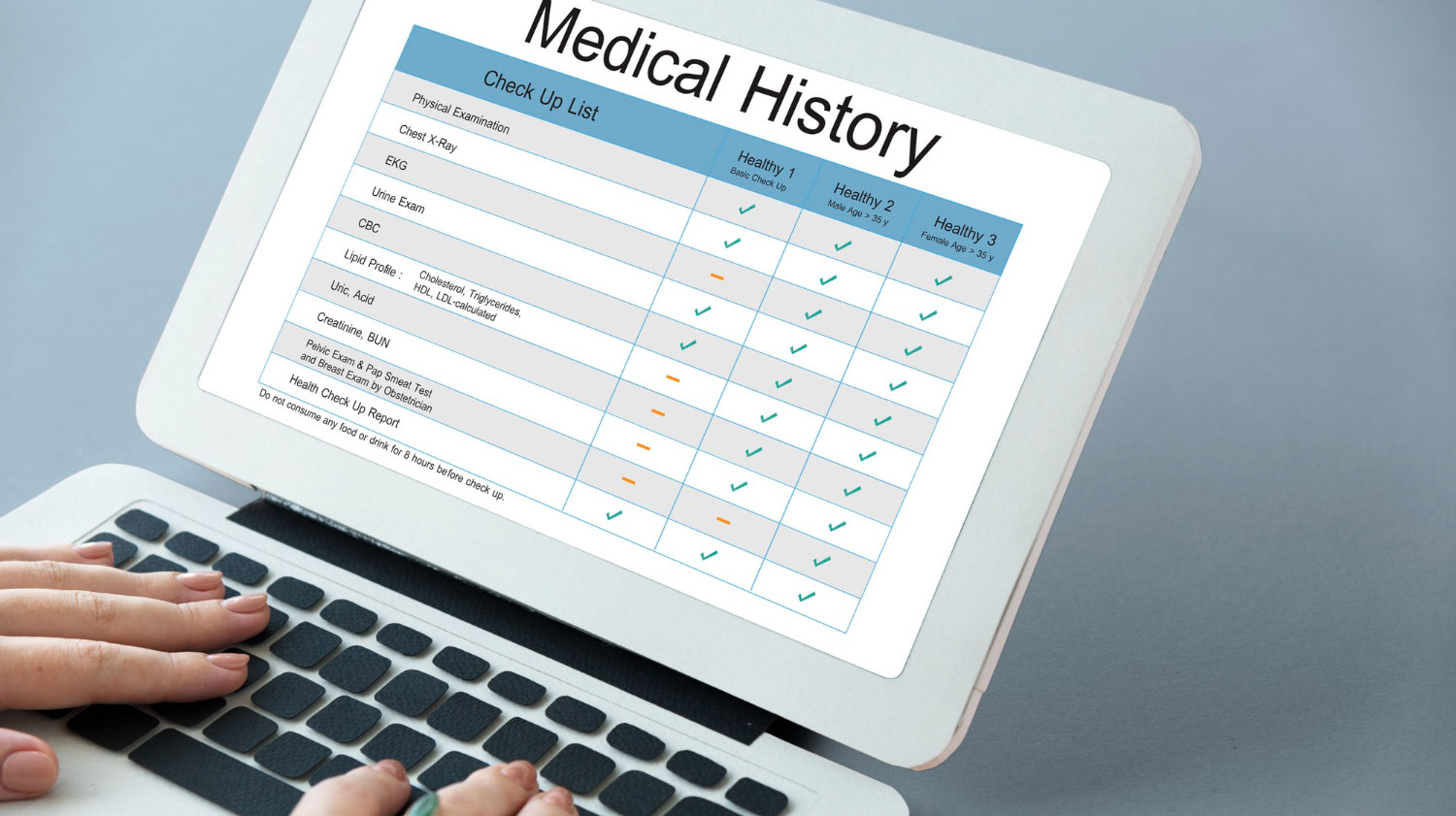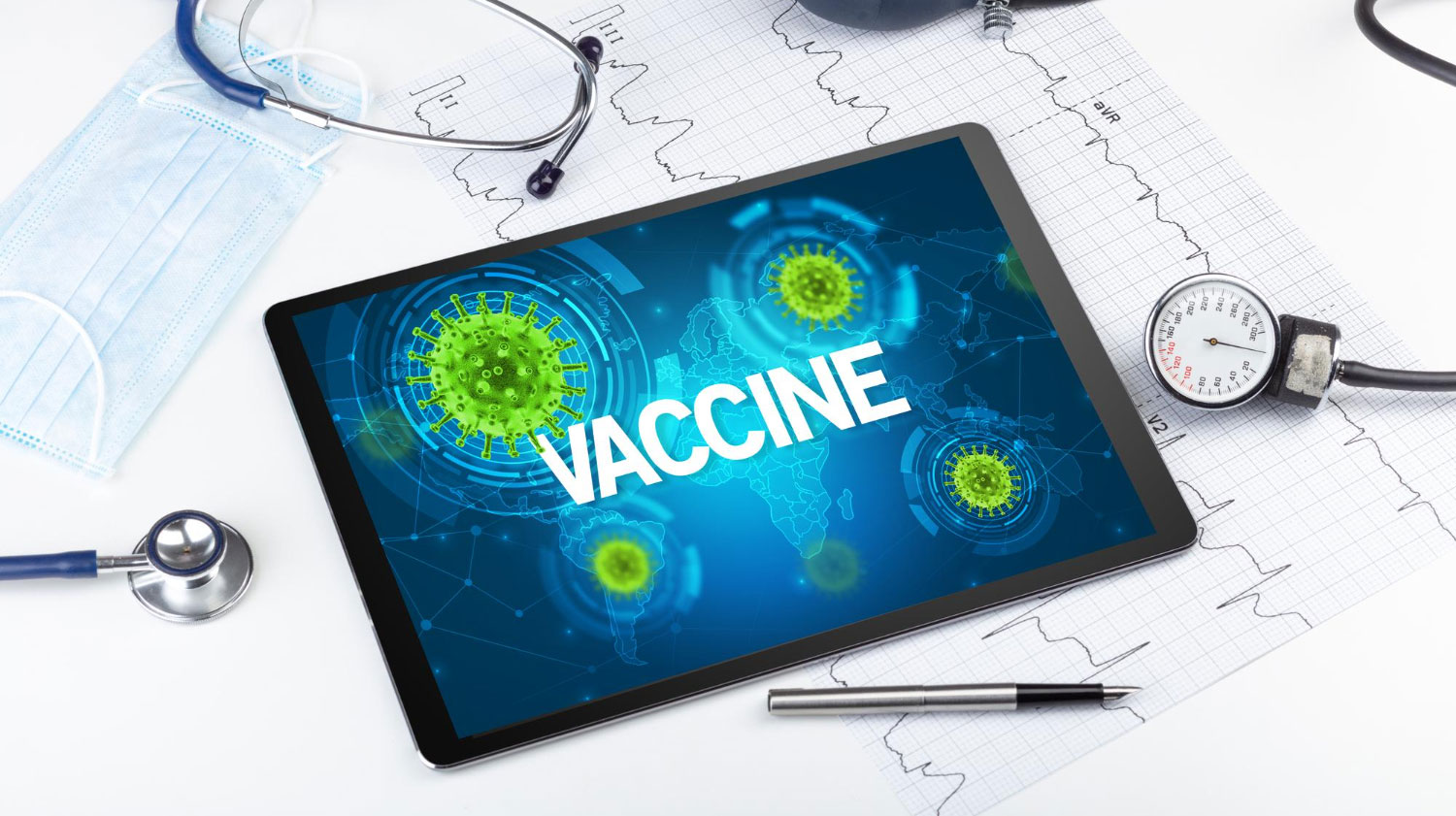
Blog
This Month in Healthcare IT: Remarkable e-Health News in August
Becoming a leader in healthcare IT is challenging but staying at the top is even more demanding. It requires not only creating technologies that touch millions of lives but also forecasting, guiding and adapting to emerging developments. At Tiga Healthcare Technologies, we take this responsibility seriously. As industry leaders, we continuously track the latest reports, regulations and global trends, using them as the foundation for our progress and adherence to making a positive, lasting impact on millions of lives.
As a result of this vision, we regularly prepare this blog series to keep you informed and up to date, emphasizing critical healthcare IT developments of each month.
Here are the top 11 news that have made a difference in the healthcare IT industry from August 2024:
1. The World Health Organization (WHO) declares the mpox outbreak in DRC a public health emergency of international concern and offers technical guidance.

The World Health Organization (WHO) declared the ongoing mpox outbreak in the Democratic Republic of the Congo (DRC) and other African countries as a Public Health Emergency of International Concern (PHEIC). The International Health Regulations (IHR) Emergency Committee decided during its first meeting on August 14.
The WHO recommended several measures to address the outbreak, including enhancing surveillance, clinical care, risk communication and international cooperation with technical advisory groups and WHO technical guidance tools. These measures aim to prevent the further spread of mpox and support affected countries in their response efforts.
2. The European Institute for Innovation Through Health Data and the Digital Health Society released a report titled, 'Creating an Environment of Trust and Responsible AI Adoption and Use.'

The Digital Health Society and the European Institute for Innovation Through Health Data released a ‘Creating an Environment of Trust and Responsible AI Adoption and Use’ report that covers the findings and recommendations of the seventh multi-stakeholder round table organized last year. These round table discussions touched upon potential AI benefits for healthcare, trust factors, use cases, economics, AI liability and more. The recommendations involve formalizing and investing further in trustworthy AI measures and evidence, stakeholder communication and decision-making processes and, most importantly, promoting the importance of European and Member State AI policy within healthcare and clinical research.
3. A new toolkit from PAHO and IDB aims to guide AI integration in population health systems.

The Pan American Health Organization (PAHO) and the Inter-American Development Bank (IDB) launched the AI in Public Health: Readiness Assessment Toolkit. This tool provides a structured framework to evaluate a country's readiness for implementing AI in population health, identifying strengths and weaknesses. It supports more informed decision-making, strategic planning and targeted investments, helping governments build a strong foundation for AI integration in health systems. This tool enhances operational efficiency and population health outcomes by assessing various dimensions, from healthcare infrastructure and digital health landscapes to data quality, health workforce and regulatory frameworks.
Source: https://www.paho.org/en/documents/artificial-intelligence-public-health-readiness-assessment-toolkit
4. South Korea aims to unify millions of medical records nationwide with My Healthway by next year.

South Korea is on the point of revolutionizing patient care of the country by centralizing the personal health records of over eight million individuals into a single, streamlined platform by next year. The My Healthway platform, launched last September, allows South Koreans to access their personal health records from various healthcare facilities in a standardized format, with secure, consent-based access for healthcare providers.
Already, 860 health institutions are connected to My Healthway, with an additional 144 hospitals and clinics set to join next month, marking the completion of the first phase. By next year, the platform aims to integrate a total of 1,263 healthcare facilities, transforming the way medical information is managed and accessed across the nation.
Source: https://ramaonhealthcare.com/korea-to-link-health-records-of-8-million-patients-to-myhealthway/
5. Healthcare Denmark released a report titled 'Digitalization in Danish Healthcare' on the current digitalization level and future expectations in the country.

Healthcare Denmark, a non-profit organization, published a comprehensive report on Denmark's digital health level and healthcare sector, focusing on three main topics: collecting and sharing health data, patient-oriented technologies and labor-saving technologies. With their sub-breakdowns of these three topics, Healthcare Denmark suggests steps towards bringing healthcare closer to citizens through various home treatment options, digital solutions and new technology.
Source: https://healthcaredenmark.dk/news-publications/publications/digitalisation-in-danish-healthcare/
6. Saudi Arabia launched the 'Regulatory Healthcare Sandbox' to promote digital innovation in healthcare.

Saudi Arabia Ministry of Health invited individuals and companies to participate in the "Regulatory Healthcare Sandbox," a platform designed to test and refine advanced digital health and AI solutions. This initiative aims to boost investment and drive digital health transformation, aligning with the Healthcare Sector Transformation Program and Saudi Vision 2030's goals of creating a comprehensive and efficient healthcare system.
The Sandbox provides a controlled environment to mitigate risks and accelerate innovation in fields such as AI, 3D printing, IoT and biotechnology. Participants will undergo a multi-stage acceptance and incubation process, with support provided to develop their solutions. The deadline for applications to the program is on 31 August.
Source: https://www.moh.gov.sa/en/Ministry/MediaCenter/News/Pages/News-2024-08-20-001.aspx
7. The Australian Digital Health Agency released the inaugural annual report of the Council for Connected Care on a more interoperable digital healthcare system.

The Australian Digital Health Agency has published the Council for Connected Care's inaugural report on its role in enhancing healthcare interoperability across the country. The agency celebrated the council's success in fostering collaboration among leaders to create a more integrated healthcare system where information is shared securely and effectively.
The report highlights progress in interoperability, with resources like the National Healthcare Identifiers Roadmap, Digital Health Standards, conformance framework, draft procurement guidelines, draft national health information exchange architecture and support for adopting national interoperability standards.
8. Saudi Arabia and Morocco Health Ministries signed a memorandum of understanding to enhance health cooperation.

In Rabat, Morocco's Minister of Health Khalid Aït Taleb and Saudi Arabia's Minister of Health Fahad bin Abdurrahman Al-Jalajel signed a memorandum of understanding (MoU) to enhance healthcare quality, patient safety and pandemic response. The agreement focuses on early detection, therapeutic and preventive medicine, digital health, control measures, population health advancement and collaboration in blood transfusion services.
The partnership will facilitate information and expertise exchange, expert visits, conferences and health training. It also promotes scientific research and knowledge sharing in medicine and telemedicine. Both ministers emphasized the memorandum's role in strengthening bilateral ties and addressing global health challenges, with Saudi Arabia being updated on Morocco’s national health reform initiatives.
9. McKinsey & Company survey finds healthcare IT emerges as a solution for burnout among German physicians.

According to a McKinsey & Company survey, physicians in Germany reported that they are increasingly burdened by administrative tasks, with time spent on recordkeeping and documentation rising since the Covid-19 pandemic. This pressure has led 35 percent of physicians to consider leaving their jobs within five years and burnout is particularly high among younger physicians. Additionally, 64 percent of those surveyed indicated they would not pursue another clinical role if they left their current position.
However, there is hope for improvement through healthcare technologies. Physicians believe that adopting tools such as electronic health records, appointment scheduling and telemedicine can significantly reduce administrative tasks and improve efficiency. It's worth noting that these digital solutions are underutilized in Germany despite physicians' strong interest in integrating them fully. This underlines the potential for improvement and the need to consider these solutions to alleviate the German healthcare system's challenges and enhance patient care.
10. Recent American Medical Association findings reveal success in digital transformation investments for health systems.

A recent report by the American Medical Association shows that health systems in the US focus on digital transformation but many need help scaling these initiatives due to resource constraints. While nearly 90% of health system executives view digital and AI transformation as crucial, 75% feel unprepared to achieve these goals fully. Virtual health technologies and digital front doors, namely, technologies that improve patient-physician interaction and care management, such as patient portals, mobile apps, online scheduling and telehealth services, are anticipated to have the most significant impact, with a rate of 70%. Despite many obstacles, some health systems are successfully advancing their digital efforts with sufficient plans and resource allocation.
11. The National Primary Health Care Development Agency (NPHCDA) has collaborated with eHealth Africa for efficient vaccine planning with digitalization in Nigeria.

eHealth Africa, a non-profit organization, in collaboration with the National Primary Health Care Development Agency (NPHCDA), has introduced a new digital tool called Planfeld to enhance polio vaccination and routine immunization efforts across Nigeria. The tool was first demonstrated at a pilot workshop in Kaduna State, where it was showcased to primary healthcare workers. This new project enables the creation of accurate micro plans and real-time monitoring of vaccination activities, reducing the time needed to develop plans to under 30 minutes.
Planfeld is expected to improve the reach and efficiency of vaccination campaigns, ensuring more settlements receive critical public health interventions. This collaboration between eHealth Africa and NPHCDA is expected to revolutionize vaccine planning and delivery in Nigeria, strengthening the country’s population health management systems and boosting disease prevention efforts.

The recent news indicates an urgent call to enhance healthcare technologies. Clear, customizable action plans are essential for achieving a healthier future. We have started shaping this future and are here to support you with our 17 years of experience!
There's a growing demand for electronic health records (EHR) management in every country, as in South Korea and Denmark and our Personal Health Record (PHR) System stands out as a product that can meet this need. Moreover, as seen in Nigeria's plans, McKinsey & Company's report on Germany and findings from the American Medical Association, there is a need for systems like our successful Personal Health Record (PHR), The Hospital Information System (HIS) and the e-Appointment products for digitalizing vaccine appointments, accessing information through patient portals and increasing patient engagement.
Our Healthcare Interoperability products are the concrete guides for meeting increased interoperability needs, such as Australia’s well-structured interoperability action plans. Additionally, our comprehensive AI & Analytics product family is ideal for meeting the global needs of Saudi Arabia, South America, Europe and the US in terms of integrating AI into healthcare.
Amidst the intensifying discussions about the possibility of a new pandemic, the key global focus point today is on enhancing the capacity of healthcare IT to meet the ever-evolving sectoral demands and complex healthcare challenges. We embody this responsibility, focus and vision in our comprehensive product families, including Healthcare Interoperability, Patient Engagement, Drug Traceability, AI & Analytics, Prescription & Medicine Management, Population Health Management, Personalized Healthcare and Hospital Information System.
We build a healthier future by dreaming of new horizons in healthcare IT and working tirelessly to achieve them. Let's shape the future together with the power of healthcare technologies, as always!









